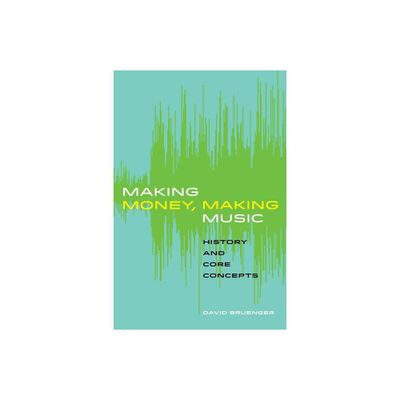Home
Making Music Indigenous: Popular the Peruvian Andes
Loading Inventory...
Barnes and Noble
Making Music Indigenous: Popular the Peruvian Andes
Current price: $99.00


Barnes and Noble
Making Music Indigenous: Popular the Peruvian Andes
Current price: $99.00
Loading Inventory...
Size: Hardcover
*Product Information may vary - to confirm product availability, pricing, and additional information please contact Barnes and Noble
When thinking of indigenous music, many people may imagine acoustic instruments and pastoral settings far removed from the whirl of modern life. But, in contemporary Peru, indigenous
chimaycha
music has become a wildly popular genre that is even heard in the nightclubs of Lima. In
Making Music Indigenous
, Joshua Tucker traces the history of this music and its key performers over fifty years to show that there is no single way to “sound indigenous.” The musicians Tucker follows make indigenous culture and identity visible in contemporary society by establishing a cultural and political presence for Peru’s indigenous peoples through activism, artisanship, and performance. This musical representation of indigeneity not only helps shape contemporary culture, it also provides a lens through which to reflect on the country’s past. Tucker argues that by following the musicians that have championed chimaycha music in its many forms, we can trace shifting meanings of indigeneityand indeed, uncover the ways it is constructed, transformed, and ultimately recreated through music.
chimaycha
music has become a wildly popular genre that is even heard in the nightclubs of Lima. In
Making Music Indigenous
, Joshua Tucker traces the history of this music and its key performers over fifty years to show that there is no single way to “sound indigenous.” The musicians Tucker follows make indigenous culture and identity visible in contemporary society by establishing a cultural and political presence for Peru’s indigenous peoples through activism, artisanship, and performance. This musical representation of indigeneity not only helps shape contemporary culture, it also provides a lens through which to reflect on the country’s past. Tucker argues that by following the musicians that have championed chimaycha music in its many forms, we can trace shifting meanings of indigeneityand indeed, uncover the ways it is constructed, transformed, and ultimately recreated through music.


















